William Shatner’s Star Trek Season 2 Revolt That Changed The Show
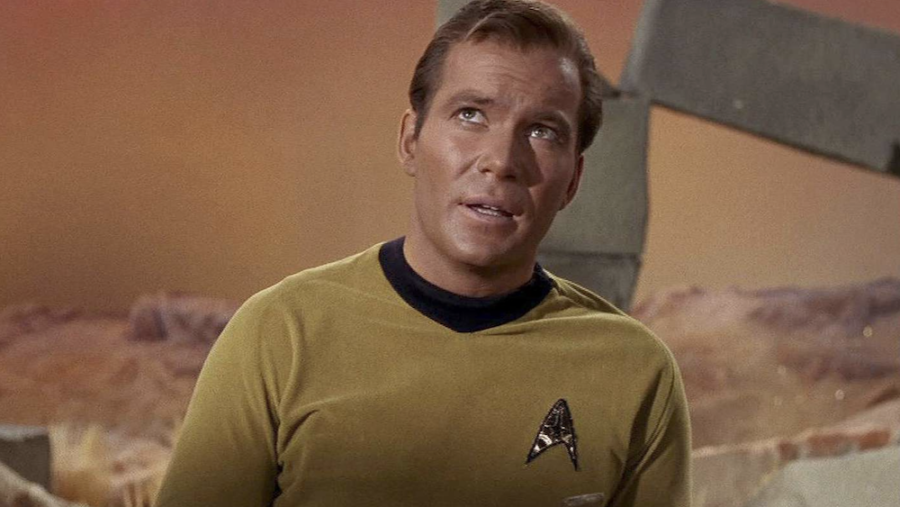
Star Trek: The Original Series introduced us to William Shatner’s Captain Kirk, a man of action who doesn’t always believe the rules apply to him.
This was made quite explicit in Star Trek II: The Wrath of Khan, where we find out Kirk was willing to change the rules on an impossible simulation scenario because he doesn’t believe in the “no-win scenario.”
Behind-The-Scenes Antics
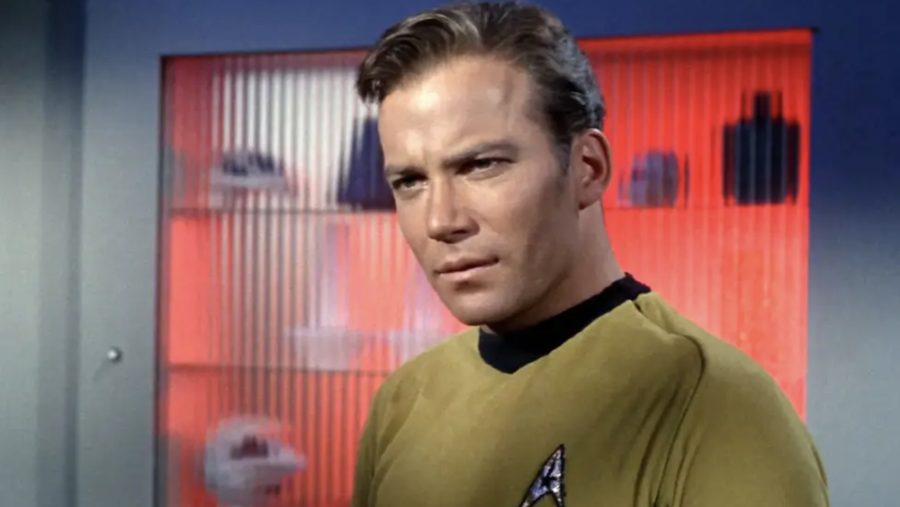
In real life, William Shatner certainly embodied this aspect of his character. SlashFilm reports that Shatner led the charge in having onset actors rehearse and reshape their dialogue, leading director Joseph Pevney to feel like an “errand boy.”
If you know much about William Shatner’s alleged behind-the-scenes antics that his former Star Trek colleagues have previously discussed, you might think the man was just going full diva here.
Heck, the late, great James Doohan (who played Scotty on the show) was very public about his desire to smack Shatner on more than one occasion due to his selfish and overly controlling behavior.
William Shatner Star Trek Changes
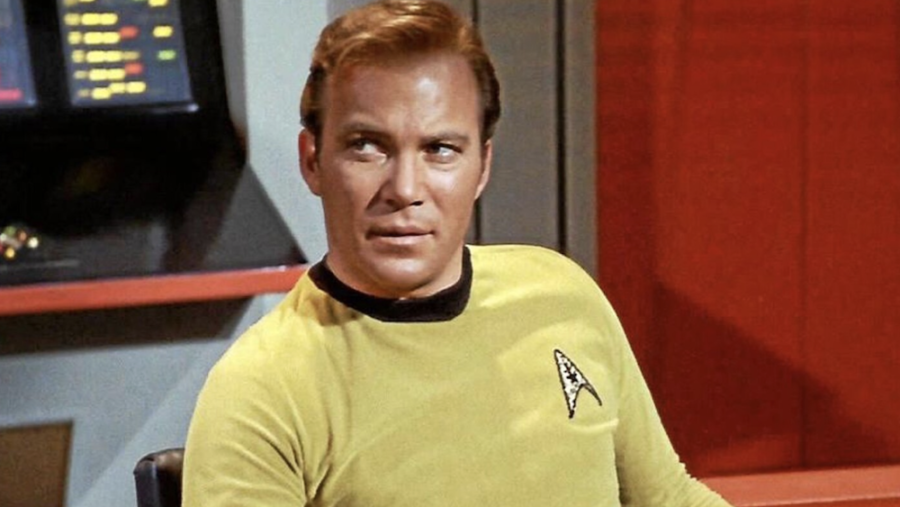
However, this anecdote about The Original Series reveals how much William Shatner cared about Star Trek from the very beginning, though his contributions may have ultimately done more harm than good.
What, specifically, did William Shatner want from the producers of Star Trek? In short, Shatner wanted himself and his fellow actors to have a rehearsal table where they could review the scripts together and, as needed, make changes to their characters.
Others Wanted Changes
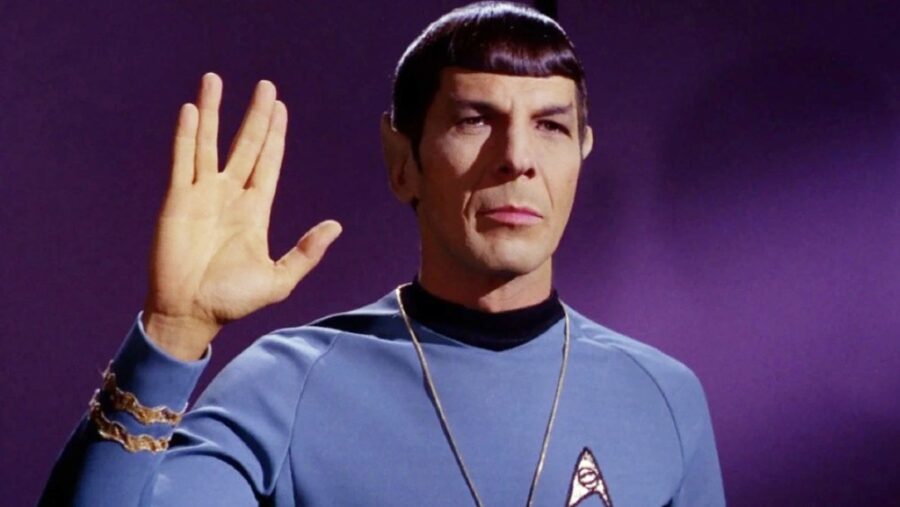
This desire to change the portrayal of their characters was more common than you might think. Leonard Nimoy, for example, made many contributions to the character of Spock and, by extension, the Vulcans as a race.
However, the crucial difference between the actors is that Leonard Nimoy would have the occasional private discussion with franchise creator Gene Roddenberry.
By contrast, William Shatner’s approach was very brash, with Joseph Pevney noting that the actor effectively took on the role of a producer by arranging the table for Star Trek actors to publicly gather and even bossing around people who were in charge of moving set property.
Heart In Right Place
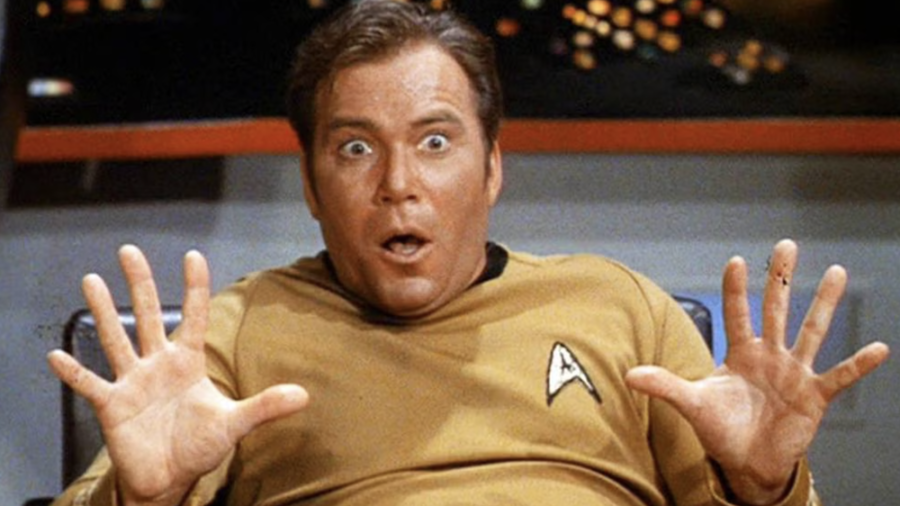
Again, his heart seemed in the right place: William Shatner, perhaps sensing how much this role would come to define his life, wanted to make sure he and his colleagues had ample opportunities to contribute to their characters.
According to Pevney, none of the production team objected to the actors’ earnest desire to improve their characters, but they objected to Shatner’s methods effectively jeopardizing shooting schedules.
As the director points out, they would often have to shoot an episode in “five or six days,” and there was “no time for this constant rehearsal, a reading rehearsal, offstage, with pencils in hand and making changes.”
Gene Roddenberry’s Memo
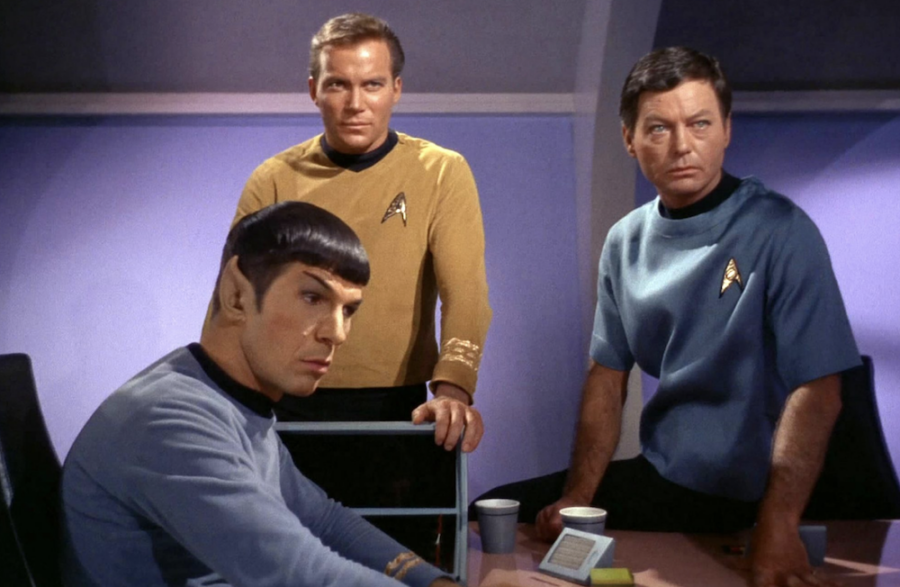
Even if William Shatner or anyone else came up with a major, earth-shatteringly great idea, it would still need to be approved by a producer, so this way of doing things threatened to stall the production of the show.
William Shatner’s antics got bad enough that Gene Roddenberry had to issue a memo that acknowledged the actors’ contributions but politely pointed out how they were stepping on directors’ toes by doing so.
As the Star Trek creator wrote, having too many people contributing ideas all at once “has destroyed the format and continuity of more than one television series.”
Shatner’s Impact
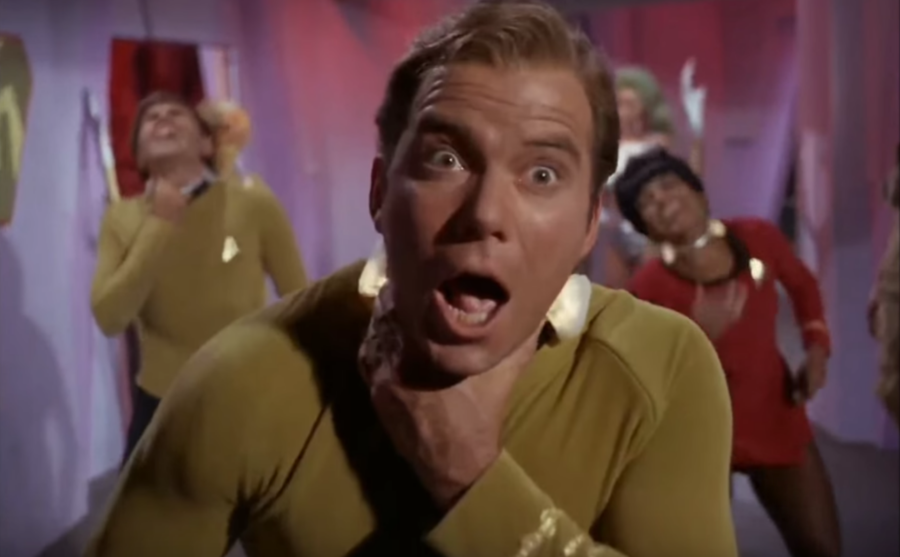
Years later, Pevney would be even blunter in his assessment, saying this approach “Destroys the most important thing of all, the disciplinary control of the director on the set” and has resulted in modern directors being nothing more than errand boys.
Looking back, it seems William Shatner had the best of intentions, but his idea threatened to destroy Star Trek before it became the hit franchise that it is today.
Shatner, like his Captain Kirk, could have used some advice straight from DeForest Kelly’s Dr. McCoy on this matter. “Dammit, Jim…you’re an actor, not a producer!”











